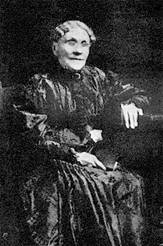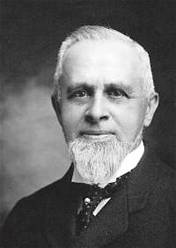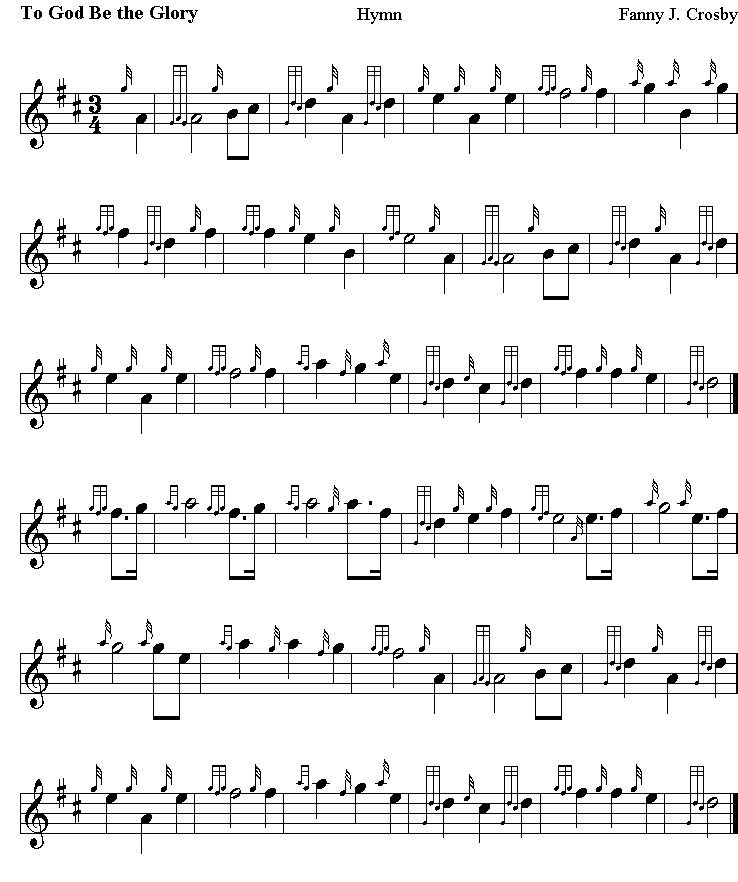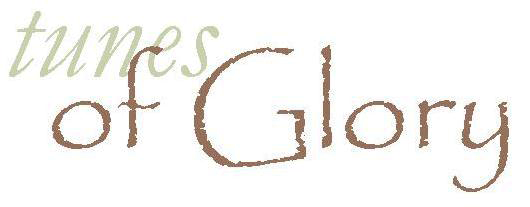
Best viewed in
Internet Explorer
Music (PDF)
Midi
Music (BMW)
Back to

Updated
09/08/2020 |
To God Be
The Glory

Fanny Crosby |
Frances
Jane Crosby (March 24, 1820 – February 12, 1915) usually known
as Fanny Crosby, was an American lyricist best known for her
Protestant Christian hymns. A lifelong Methodist, she was one of
the most prolific hymnists in history, writing over 8,000
despite being blind from shortly after birth.
Also known for her
preaching and speaking, during her lifetime Fanny Crosby was one
of the best known women in the United States.
Fanny Crosby was born in Southeast, Putnam County, New York to
poor parents, John and Mercy Crosby. At six weeks old, she
caught cold and developed inflammation of the eyes. The family
physician was not available, and the man who came in his place
recommended hot poultices as treatment. The botched procedure
blinded her.
Her father
died when she was one year old, so she was raised by her mother
and grandmother. These women grounded Crosby in Protestant
Christian principles, helping her, for example, memorize long
passages from the Bible. Crosby became an active member of the
John Street Methodist Episcopal Church in New York City. |

William Doane |
At age 15, Crosby
enrolled at the New York School for the Blind (now the New York
Institute for Special Education). She remained there for seven years.
During that time she learned to play the piano and guitar and to sing.
In 1843, she joined a group of lobbyists in Washington, D.C. arguing for
support of education for the blind. From 1847 to 1858, Crosby joined the
faculty at the New York school, teaching English and history. She
married Alexander Van Alstyne, a blind musician and fellow teacher, in
1858. At his insistence, she kept her maiden name. They had one
daughter, Frances, who died in infancy. Alexander died on July 19, 1902.
Crosby wrote her
first hymn in 1863 for the composer William B. Bradbury, a respected
musician and publisher. It was called "There's a Cry from Macedonia".
Over the years she wrote for Bradbury and for other composers, including
Philip Phillips, Hubert P. Main, Dr. Lowry, Dr. W. H. Doane, Ira D.
Sankey, Philip P. Bliss, Mr. W. F. Sherwin, and Phoebe Knapp.
The music for “To God Be The Glory” was composed by William
Howard Doane.
A gifted
musician, Doane helped direct music while attending the Woodstock
Academy; within two years he had published his first composition.
Although he called music his “avocation,” he produced over 2,000
hymn tunes in his lifetime. However, his main trade was secular: He
was president of the J. A. Fay woodworking machinery company,
and an extremely successful businessman. He also served as
Sunday School superintendent and choir director at the Mount
Auburn Baptist Church in Cincinnati, Ohio, and bequeathed large
sums to various causes. The Doane Memorial Music Building in
Chicago, Illinois, was named after him.

Lyrics by Fanny Crosby
| |
To God be the glory, great things He
has done;
So loved He the world that He gave us His Son,
Who yielded His life an atonement for sin,
And opened the life gate that all may go in.
Refrain
Praise the Lord, praise the Lord,
Let the earth hear His voice!
Praise the Lord, praise the Lord,
Let the people rejoice!
O come to the Father, through Jesus the Son,
And give Him the glory, great things He has done. |
O perfect redemption, the
purchase of blood,
To every believer the promise of God;
The vilest offender who truly believes,
That moment from Jesus a pardon receives.
Refrain
Great things He has taught us,
great things He has done,
And great our rejoicing through Jesus the Son;
But purer, and higher, and greater will be
Our wonder, our transport, when Jesus we see.
Refrain
|
|




